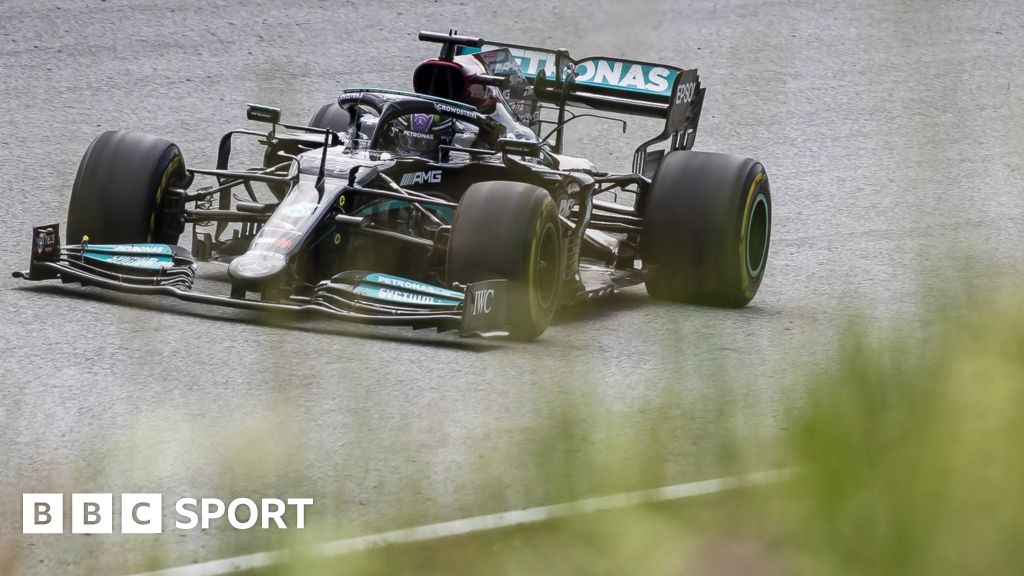Replacing carbon-based fuels will be a huge challenge for Formula 1, Brawn acknowledges.
He says the sport will always be about speed and acceleration across 90-minute races and does not think that electric vehicles will be capable of delivering the performance it demands for decades, if ever.
“We don’t want [drivers] looking at power conservation modes and trying to make the battery last long enough to get to the end of the race or saving the battery up so in the last five laps, they can really go for it. That doesn’t seem to engage the fans.”
That is why, Brawn concludes, “there is no electric solution today”.
However, he recognises F1 faces growing pressure to raise its game on sustainability from drivers, F1 teams, the manufacturers and fans.
“We can’t have a sport which is seen as a dinosaur and out of step. We will always be mindful of that,” says Brawn.
He says the younger drivers are far more engaged in the topic than they would have been in the past.
British seven-time world champion Lewis Hamilton has spoken out on environmental issues, as has Germany’s four-time champion Sebastian Vettel.
Norris is impressed that established drivers like Hamilton and Vettel have used their platform to champion environmental and other causes.
“It is definitely something that over the coming years I’ll pay more and more attention to,” he says.
Zak Brown, chief executive of Norris’ McLaren team, confirmed there “are a lot of conversations going on right now in Formula 1” about sustainability but, like Brawn, he believes cars capable of 220mph or more are an essential part of the sport.
“We’ve always been a technology leader, whether that’s been in safety that’s come out of Formula 1 or carbon fibre materials to now how are we going to make our engines the most sustainable vehicles,” he tells the BBC.
McLaren made a commitment to go carbon neutral in 2011 and Brown says there is a lot of interest in the potential of hydrogen among Formula 1 teams.
“The challenge that we have is to make sure it is safe and can produce the amount of power that’s required to be able to do the lap times that we do, and hydrogen is very much on the table.”
Both men say they want to harness Formula 1’s proven ability to drive cutting-edge innovation to deliver sustainable solutions for the sport.
But they also point out that the emissions from the engines of the racing cars is a tiny fraction of the sport’s total emissions.
F1 estimates that 0.7% of the sport’s emissions are from the race cars themselves while almost half comes from the logistical caravan that moves equipment and personnel to the races, of which there are a record 23 planned this season.
But Brawn has categorically ruled out reducing the number of races to cut emissions.
He says bringing the races to countries around the world is part of what makes the championship great but he acknowledges there is also a financial imperative.
“At the end of the day, we’re a business,” says Brawn. “We have to generate income to make this whole thing work, and, obviously, the more races we have, the more profitable it is.”



